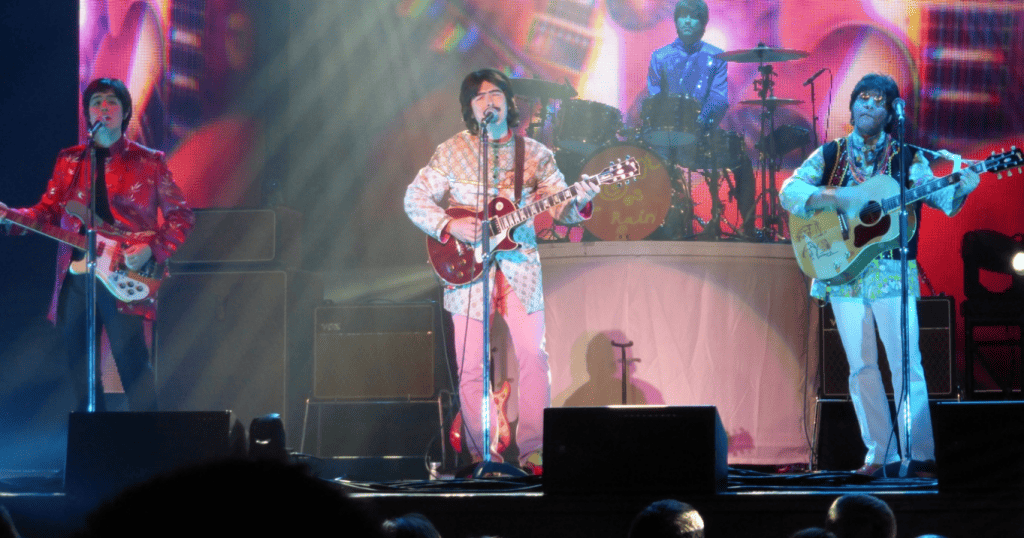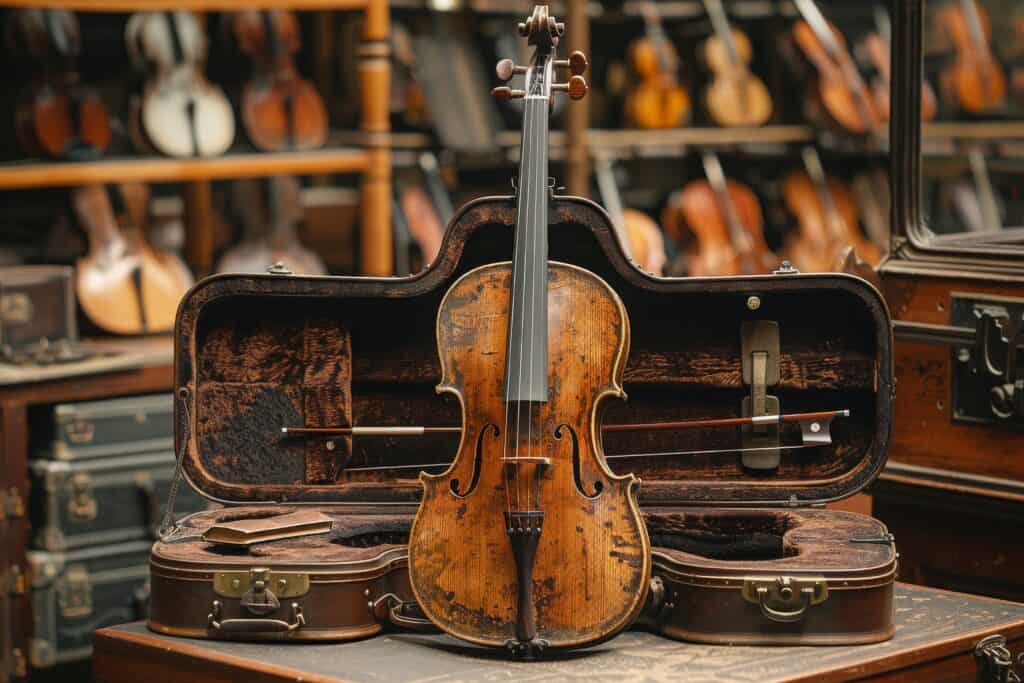Who are the great songwriters of the century? Of course, there are many, including the unsung unknown heros that never quite got the full recognition they deserved.

There are a number of artists whose song writing was influenced by and reflected the technology of the day:
- Brian Wilson (The Beach Boys): Wilson was known for his pioneering use of studio technology and production techniques. His innovative approach to recording, such as layering vocal harmonies and experimenting with studio effects, greatly influenced the development of popular music.
- The Beatles: The Beatles were pioneers in using studio technology to shape their sound. They experimented with multi-track recording, tape loops, reverse recording, and other innovative techniques, pushing the boundaries of what could be achieved in the studio.
- David Bowie: Bowie embraced technology throughout his career. He incorporated synthesizers and drum machines into his music, collaborated with electronic musicians, and even experimented with computer-generated lyrics on his album “Outside.”
- Prince: Prince was known for his mastery of various instruments, but he also embraced technology in his music. He incorporated drum machines, synthesizers, and digital recording techniques, constantly pushing the boundaries of what was possible with technology.
- Björk: Björk is known for her innovative use of technology in her music. She has collaborated with electronic musicians and producers, incorporated electronic and digital elements into her compositions, and even explored virtual reality and interactive technologies in her performances.
- Daft Punk: This French electronic music duo heavily embraced technology in their music. They popularized the use of synthesizers, drum machines, and sampling techniques in their signature electronic sound.
What technical innovation most influenced songwriter in the last 100 years
The introduction of the electric guitar in the 1930s and its subsequent popularity had a profound impact on songwriting. It provided writers with new sonic possibilities and expanded their range of sounds that could be incorporated into their compositions. These were further expanded with the use of effects such as phasers, reverbs, and other devices that modulated and processed sound.

The invention and popularization of synthesizers in the mid-20th century brought electronic sounds and new timbres to the forefront of music. Synthesizers allowed songwriters to create unique and otherworldly sounds, influencing the development of various genres, including electronic, pop, and rock music.
Firstly through experimental bands such as Tangerine Dream and then into the mainstream in the 80s where bands like Depeche Mode and Human League dominated the charts.
The advent of the Digital Audio Workstations (DAWs workstations revolutionised not just the way music is recorded, edited, and produced but how songs were constructed.
All of a sudden, musicians had amazing recording and sound manipulation tools at their fingertips on a relatively cheap laptop. Songs that were based on tech e.g. where something is based on rhythmic echos could be cheaply demo’d. This type of sound could never be showcased with just and acoustic guitar!
The Future
The future of song writing will undoubtedly continue to be shaped by advancements in technology. Here are some potential ways in which technology may influence the future of song writing:
- Artificial intelligence (AI) and machine learning have already shown promise in assisting with various creative tasks. In the future, we may see AI systems that can generate musical ideas, suggest chord progressions, or even help with lyric writing. These tools can serve as creative collaborators, providing songwriters with new ideas and inspirations.
- Virtual Reality and Augmented Reality technologies have the potential to revolutionize the live music experience. Imagine attending a concert in virtual reality, where you can interact with virtual band members or even create your own virtual performances. We have recently seen bands like Abba experiment in this area. These technologies may also offer songwriters immersive and interactive environments to explore during the song writing process.
- Online collaboration platforms have already made it easier for songwriters to work together remotely. In the future, these platforms may become more sophisticated, allowing for real-time collaboration, shared virtual workspaces, and seamless integration of different creative tools. This can enable songwriters from around the world to collaborate effortlessly, pushing the boundaries of musical creativity.
One thing is certain, however technically advanced, human beings are creative and will continue to use tech for innovation and expression.




